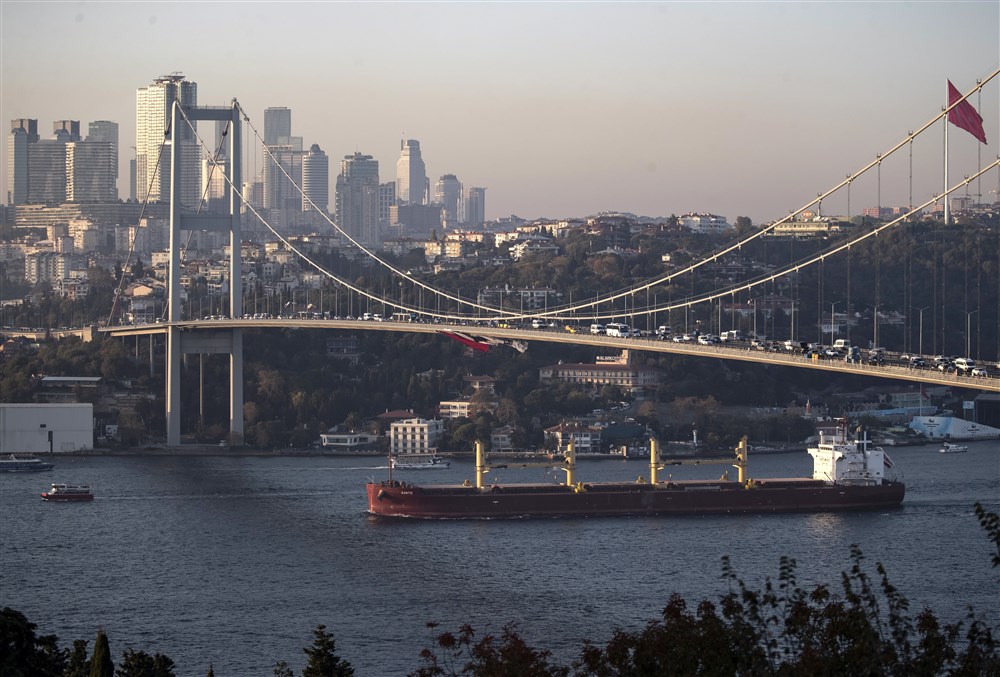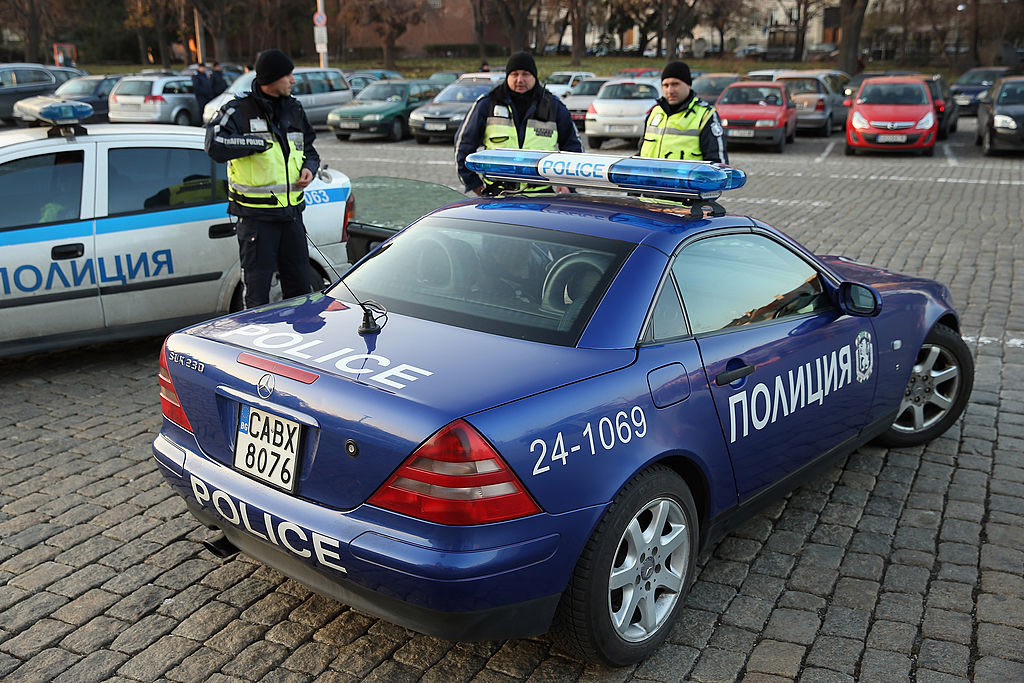The European Commission said Eastern European countries should not be discussing the extension of the current ban on Ukrainian grain.
This comes as tensions rise over how Ukraine exports its enormous harvests to the world, with Russia now blockading any attempts to move it via the Black Sea.
While the cheap grain is sorely needed by many developing countries, the sheer scale of Ukraine’s exports is proving difficult for Eastern European countries to absorb.
Earlier this summer, five European Union Member States bordering Ukraine, namely Poland, Slovakia, Hungary, Romania and Bulgaria, banned the sale and import of Ukrainian grain amid pressure from their own farmers.
Keen to support the beleaguered nations, the EU reached a compromise with the five countries.
They can still temporarily ban Ukrainian produce being sold in their countries until September 15. In return the five states are allowing the grain to be transited through their territory with EU help, along so-called “solidarity lanes”.
Speaking at a press briefing on August 17, an EC spokesman said that there was to be no talk of extending that ban, at least not yet.
“Any call for a prolongation of the preventative measures beyond September 15 is, in our view, premature,” reporters were told.
The justification was that improvements made by the EU and the coordination group regarding the issue need to be taken into account.
“At the moment we believe we have to give time to the platform to deliver,” the spokesman continued.
The platform in question, called the Joint Coordination Platform, is a working group of the five Eastern European states, Ukraine and the EU that is working to enable trade and supplies to flow more easily through the Eastern nations.
The ultimate idea is to create alternative and efficient routes to move grain out of Ukraine and to European ports where it can safely be sold into world markets.
Although the EC claimed there had been marked improvements in moving Ukrainian produce along the Danube, Baltic and Adriatic routes, denying an extension may be setting Brussels on another collision course with the “Eastern Five” countries.
The arrival of millions of tons of Ukrainian foodstuffs have already caused havoc. In Poland it was reported in June that farmers were unable to store or bring their own crops to market as Ukrainian produce filled their silos and warehouses, and gridlocked the shipping networks.
Recently, Poland presented the EC with a €1 billion bill for the infrastructure investments it said it had to make as a result.
Poland is unlikely to give ground on the grain situation. With national elections set for October 15, it is a contentious issue in many of the rural areas both the ruling PiS and the opposition want to attract.





